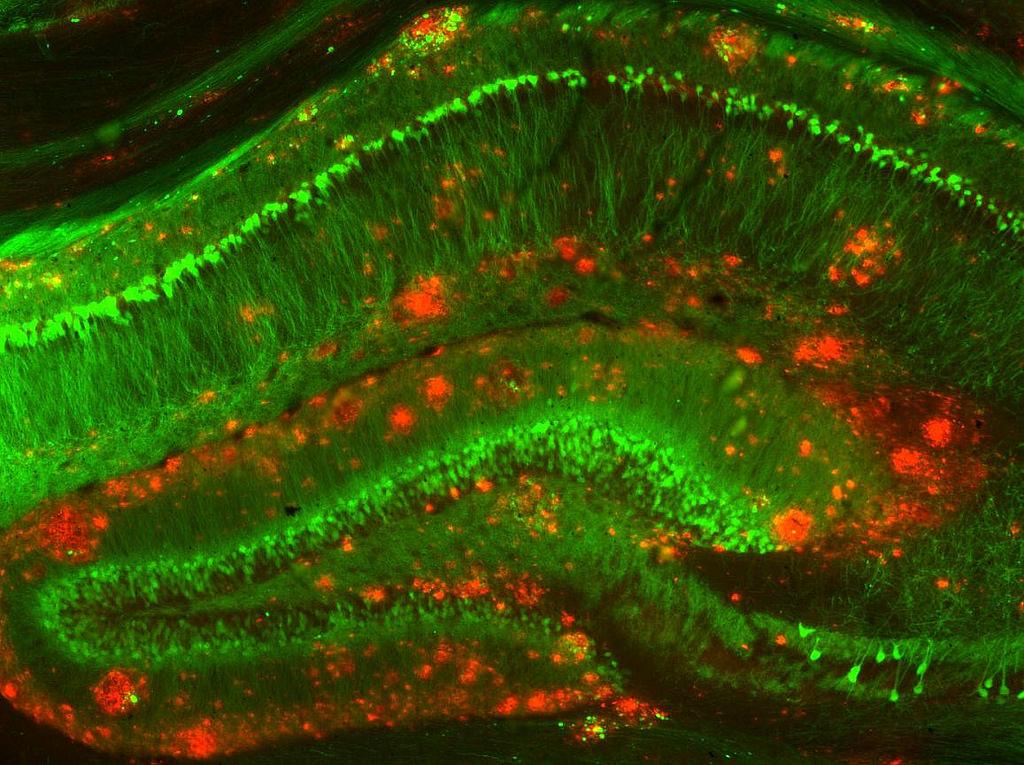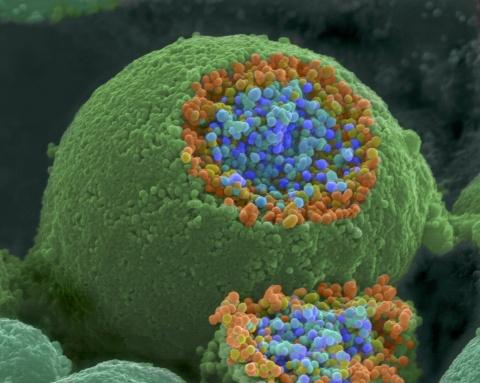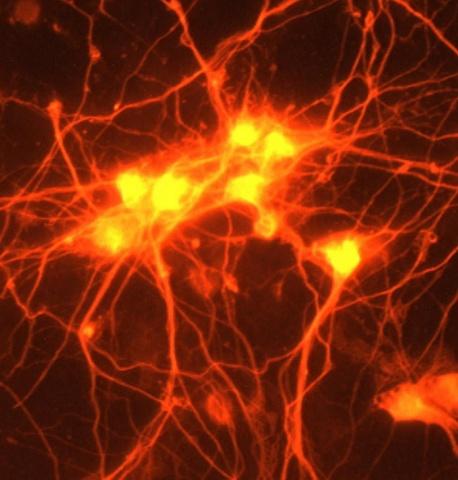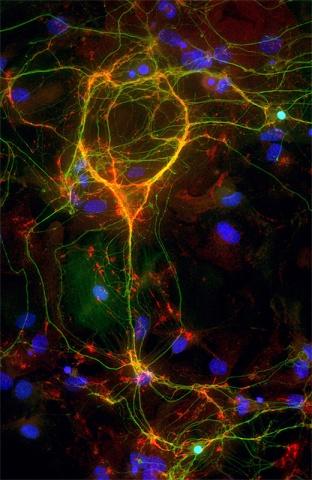Fellow Spotlight: Yohei Harada, MD
Yohei Harada, MD, first became interested in neurology as a medical student, when he was involved in a research project investigating possible therapeutic avenues for multiple sclerosis. The ability to localize and identify diseases through a patient’s history and physical exam drew him to clinical neurology and neuromuscular disease in particular. Now, as one of our fellows in this subspecialty, he’s performing electrophysiological studies and rotating in our neuromuscular clinics.
Duke Neurology Research Round Up, November 2020
Members of the Duke Neurology Department contributed to 14 new peer-reviewed studies this October, advancing our understanding of or ability to treat Parkinson’s disease, Alzheimer’s, stroke, and other conditions. Laurie Sanders, PhD, and Claudia Gonzalez Hunt, PhD, advanced our understanding of the links between mitochondrial DNA damage and Parkinson’s disease, providing a potential avenue for future therapies.
LVH ALS Foundation Raises $300,000 for ALS Research
The Larry Vance Hughes ALS Foundation (LVH ALS Foundation) has donated $300,000 to the Duke ALS Clinic to support its research into therapies associated with “ALS reversals,” documented instances where the symptoms of amyotrophic lateral sclerosis (ALS) unexpectedly diminish and motor function returns.
Proceeds for the donation were raised through the LVH Benefit Concert for ALS Research, featuring country music artists Mark Wills and Taylor Hicks, held last October at the Millennium Center in Winston-Salem, North Carolina.
Duke Neurology Research Round Up, September 2020
With 18 new peer-reviewed articles from members of our faculty, August 2020 was a record-breaking month for the Duke Neurology Department. Clinical research highlights published in the past 31 days include an analysis of patients presenting with vertigo in Emergency Departments, an essay on the human cost of COVID-19 and how we can help people connect during difficult times, and a study finding new benefits for therapies for myasthenia gravis.
Duke Neurology Research Round Up, August 2020
Members of the Duke Neurology Department contributed to 14 new peer-reviewed articles published this July, improving our understanding of neuroscience, charting a course for research in a post-COVID-19 world, and offering opportunities for advancing patient care. Simon Gregory, PhD, and Yong Chen, PhD, respectively co-authored articles offering new therapeutic avenues for muscle repair and chronic pain treatment. Wuwei “Wayne” Feng, MD, MS, was part of a consortium examining the impact of COVID-19 on the NIH’s StrokeNet and offering a vision for resuming clinical trials.
Did Lou Gehrig experience a temporary ALS reversal in August 1938?
Nineteen thirty-eight was the last full season played by baseball slugger Lou Gehrig before amyotrophic lateral sclerosis (ALS) forced him to retire. He struggled to hit and field well for much of the season, and his final statistics—a .295 batting average, 29 home runs, 114 runs batted in—were unusually low for him. But in mid-season, Gehrig enjoyed a streak in which he seemed to regain his previous power.
Duke Neurology Research Round Up, June 2020
In May 2020, members of the Duke Neurology Department contributed to nine new peer-reviewed journal articles. At the clinical level, a new study protocol will test the safety of a promising drug for reducing the consequences neural inflammation, while another shares more than a decade of knowledge about improving patient engagement in ALS research. Other studies, meanwhile, answered questions about how our brains and minds function, such as a NeuroImage study that found older and younger adults used different regions of the brain when performing the same task.
Taking a giant leap: Private family support propels promising new ALS study
When facing an illness such as ALS, one in which there currently is no proven treatment to stop or reverse it, patients often look to clinical trials for options for living longer and better lives.
Hobson-Webb, Nightingale receive $50,000 award to develop non-invasive 3-D muscle imaging technology
Lisa Hobson-Webb, MD, and Kathryn Nightingale, PhD, (Duke Biomedical Engineering) have received a $50,000 award from Duke MEDx to develop a multidisciplinary, imaging technology to effectively and non-invasively examine skeletal muscle.
Celebrating Wayne Massey, Virtually
Current and former members of the Duke Neurology Department celebrated the career of E. Wayne Massey, MD, virtually this year, to mark the neurologist’s contributions to patient care, training, and research.








